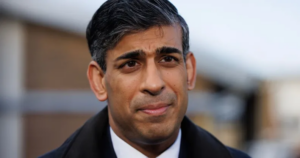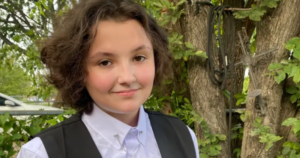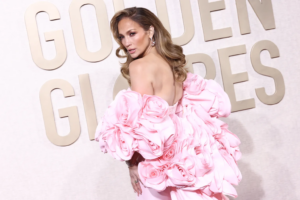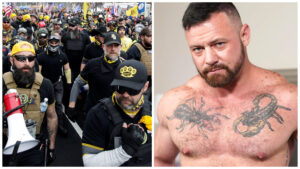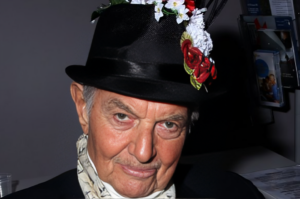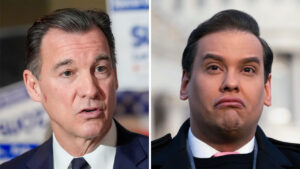In a Women’s World Cup press conference before Morocco’s opening game against Germany, an inappropriate and potentially harmful question was directed at captain Ghizlane Chebbak, igniting a debate about the responsibility of sports journalists and the challenges faced by LGBTQ+ athletes in countries with oppressive laws.
The question posed by an unnamed BBC reporter asked whether there were any gay players in the Moroccan squad and what life was like for them in Morocco, a country where homosexuality is illegal and punishable by imprisonment and fines. The query was met with visible disbelief from Captain Chebbak, and the press conference moderator swiftly intervened, labeling it as “political” and urging reporters to focus on football-related questions.
Morocco captain Ghizlane Chebbak’s almost in disbelief reaction to the question, says it all.
— SHE scores bangers (@SHEscoresbanger) July 24, 2023
A completely unethical out of line question that poses safety concerns to the players he asking to be named.
Bizarre push followed.
pic.twitter.com/MKk84O774E
The journalist defending their question, stating it was “about people,” failed to grasp the gravity of their inquiry. Not only did it disregard the potential risks of outing and endangering LGBTQ+ players, but it also lacked sensitivity towards the broader LGBTQ+ community in Morocco who face state-enforced censorship and discrimination without legal protection.
The response from fellow reporters, pundits, and fans was swift and critical. Sports journalist Shireen Ahmed condemned the question as “completely out of line,” highlighting that the captain cannot out players or comment on sensitive policies due to the dangers it poses to their safety. Steph Yang, another sports writer present at the press conference, echoed Ahmed’s sentiments, emphasizing the importance of asking questions responsibly and avoiding causing harm to those affected by political issues.
Danielle Warby, an advocate for women in sport, aptly labeled the question as “how not to journalism,” emphasizing the vital need for diversity in sports media to prevent such inappropriate inquiries. The incident served as a stark reminder of the complexities faced by LGBTQ+ athletes globally and the importance of fostering a safe and inclusive environment for them in sports.
In response to the backlash, the BBC issued a short statement, admitting that the question was inappropriate but stopping short of a full apology. Such a response indicates a lack of understanding of the gravity of the situation and the potential harm caused by such irresponsible journalism.
The incident highlights the need for media outlets and journalists to approach their coverage of sports and athletes with sensitivity and responsibility. While discussing the intersection of politics and sports is essential, it must be done in a manner that does not endanger the well-being of players or perpetuate harm against marginalized communities.
As the Women’s World Cup continues, let us hope that this incident serves as a lesson for sports journalists worldwide to prioritize ethical reporting and support the rights and safety of all athletes, regardless of their sexual orientation or gender identity.
Author
-

the world's first and only daily LGBTQ+ evening news show. This program features a variety of hosts and guests who discuss the latest news and events related to the LGBTQ+ community. Queer News Tonight covers topics ranging from politics and entertainment to health and social issues, providing a comprehensive look at what's happening in the LGBTQ+ world.












